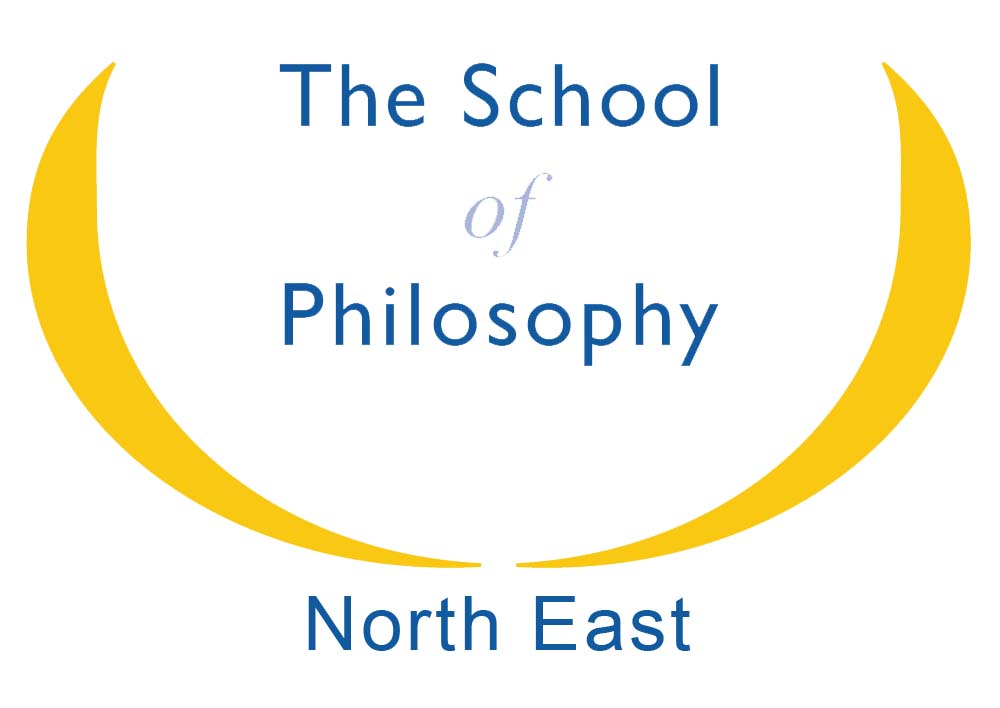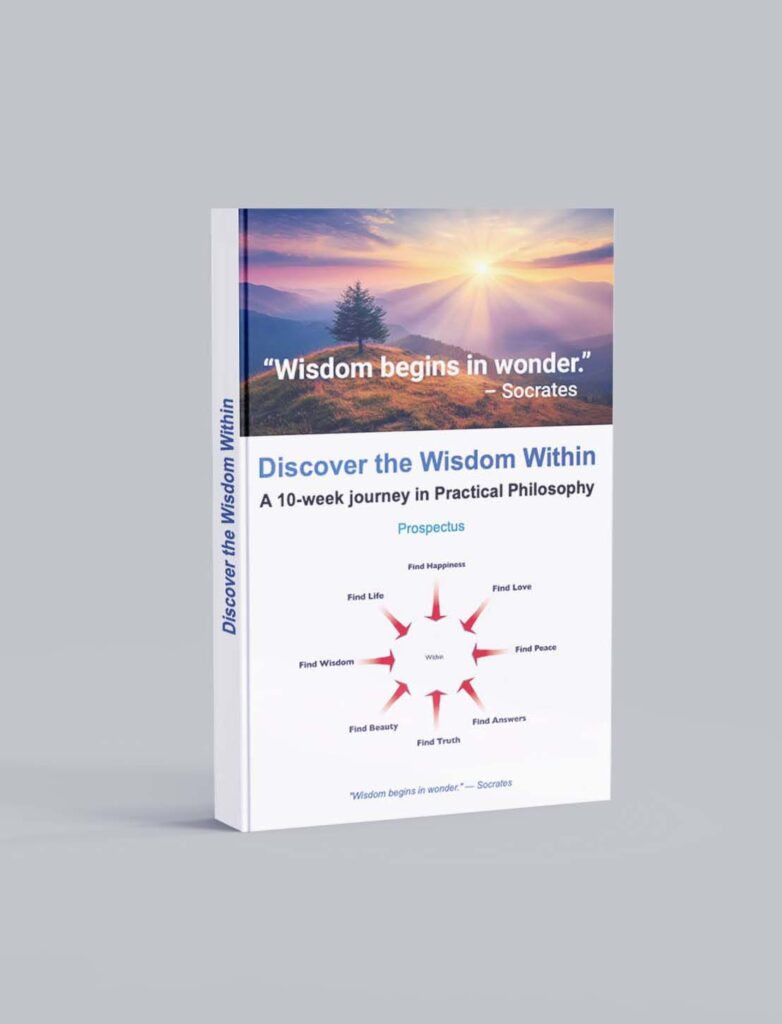History
The School of Philosophy in the Northeast is part of a world wide organisation with membership in over 20 countries
Thousands of students since 1937
Thousands of students have benefitted by their attendance in the school since its creation in 1937
Find out more about the origins and the history of the School in the 7 minute video below.
History timeline
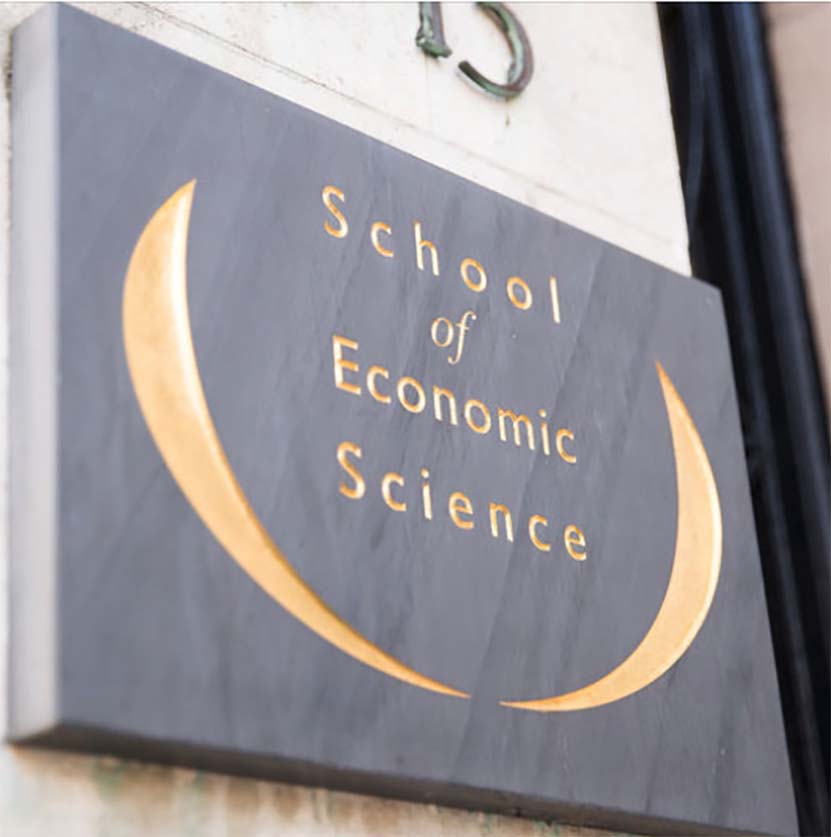
Henry George School of Economics founded in London by Leon MacLaren. It was renamed the School of Economic Science in 1942.
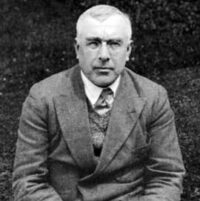
First series of Philosophy courses offered, developed from the teachings of Ouspensky and Gurdjieff.
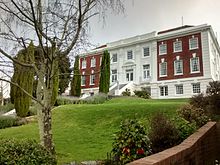
First overseas school established in Wellington, NZ. Since then associated schools have opened in North America, Argentina, Australia, Belgium, Canada, Cyprus, Germany, Holland, Hungary, Ireland, Israel, Malta, S Africa, Spain, Trinidad and Venezuela.
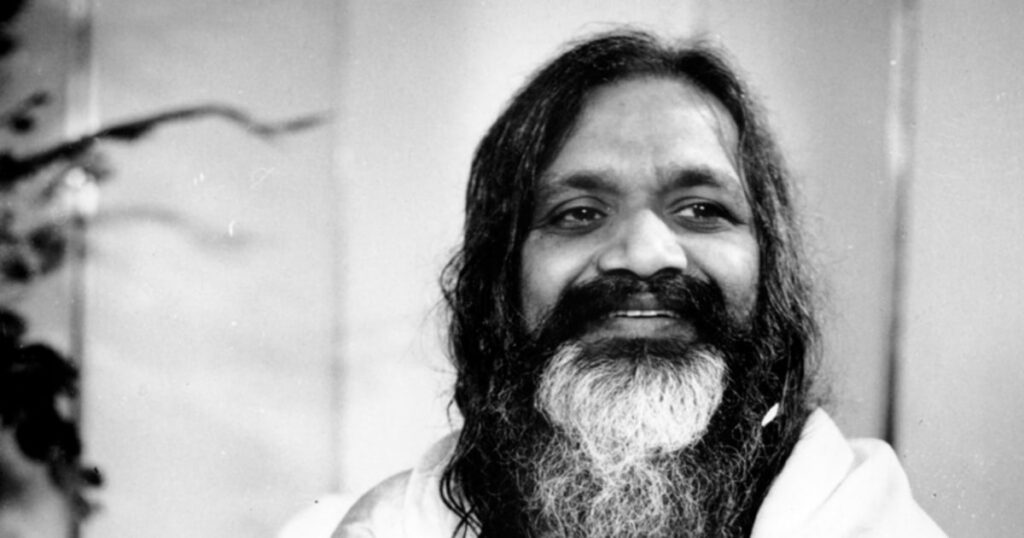
Maharishi Mahesh Yogi visits the UK, bringing the next stage of development, Meditation.
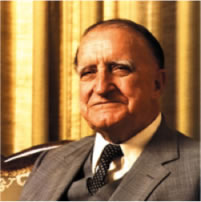
First of many meetings of Leon MacLaren and Shri Shantananda Saraswati.

Philosophy courses first offered in the North East.
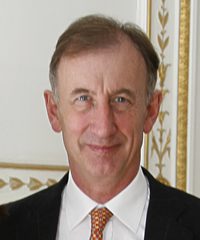
Mr MacLaren passes away. Mr Donald Lambie succeeds him as Senior Tutor.
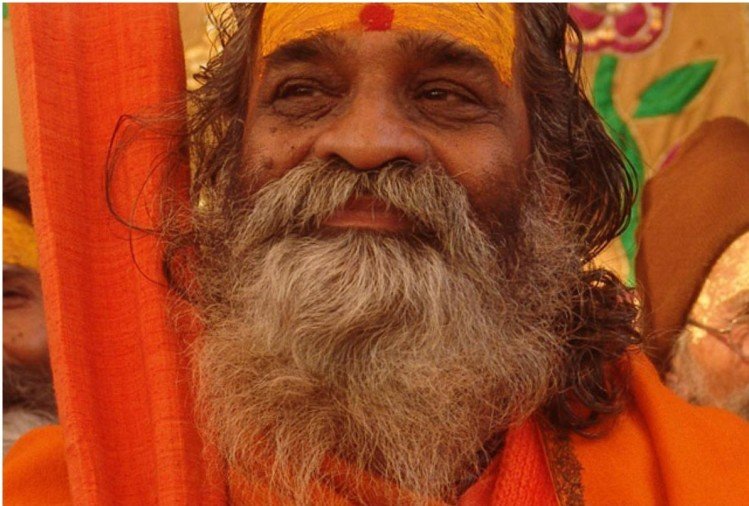
Shri Shantananda passes away. First meeting with Shri Vasudevananda Saraswati.
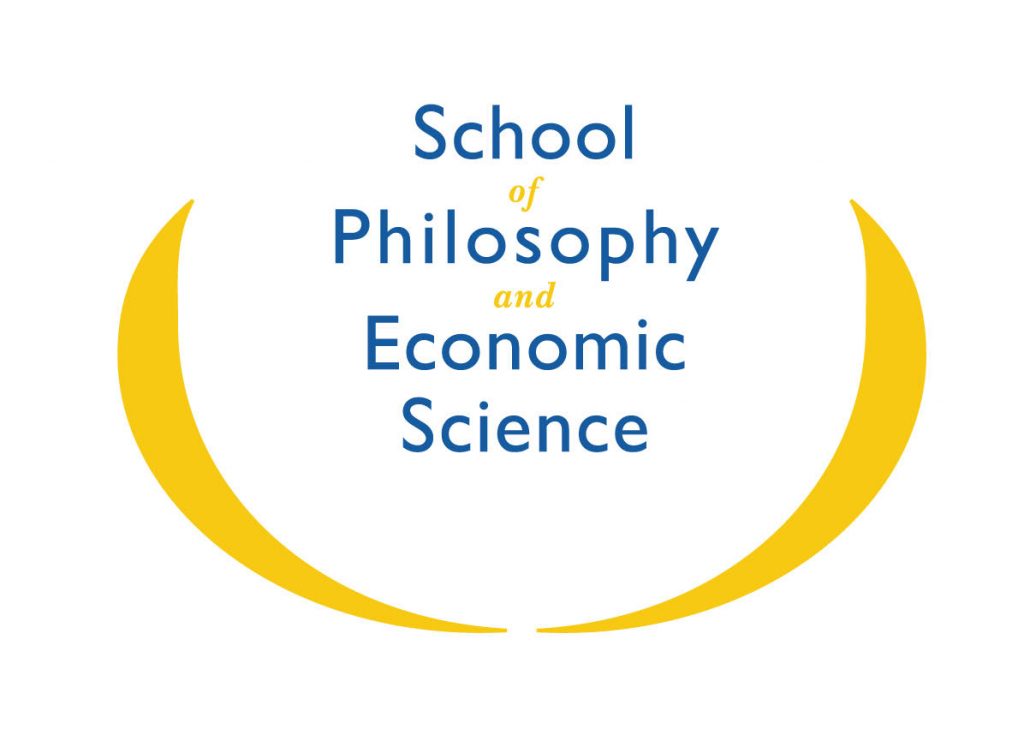
The name of the school is changed to the School of Philosophy and Economic Science.





How it works on our educational courses
A tutor presents material, and leads a discussion based on what arises. Being practical rather than academic, the emphasis is on personal knowledge. Students are encouraged neither to accept nor reject the ideas put forward, but to test them in practice for themselves, in the light of their own experience.
Frequently asked questions about our courses
The course is practical in the sense that it is designed to be of direct use in our everyday lives. The intention is to stimulate enquiry and through this expand the way we look at the world and ourselves.
Online or by calling 0800 803 0799.
If you register online, you will receive a confirmation email with your day of attendance. If you register by any means other than online, you will receive a receipt confirming your registration.
Yes, we have a local Birmingham venue where you can attend the course face-to-face. We also have other venues across the UK.
No, all you need is an open and enquiring mind. The course is intended for everyone, regardless of education, occupation, race, political or religious belief.
Yes, we offer an online version of the course via Zoom. To find out more visit: https://courses.schoolofphilosophy.org
What some of our students say...
Local Course
Local face-to-face evening courses available at a choice of locations.
Peace of Mind
Established 1937 in the UK. Delivering courses for over 80 years
Practical Wisdom
Courses in practical wisdom for everyday living. Meet with like minded individuals.













Leon MacLaren…
During the 1940’s and 50’s the founder of the school, Leon MacLaren, began to develop the Practical Philosophy course out of his study of economics and philosophy.

Over the next 30 years Leon MacLaren paid frequent visits to India; receiving guidance in the study and practice of philosophy from the holy tradition known as Advaita, which literally means ‘non-duality’ or ‘unity’.
Shri Shantananda Saraswati
At the first meeting, Shri Shantananda Saraswati talked about the direction of enquiry and the part he could play in it.
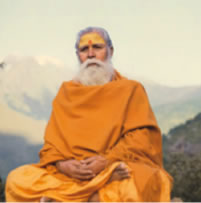
The School found this to be so: for the next 30 years he gave fully of his wisdom and guidance upon it through a series of conversations with the School’s leader at the time, Leon MacLaren.
How it works on our courses
A tutor presents material, and leads a discussion based on what arises. Being practical rather than academic, the emphasis is on personal knowledge. Students are encouraged neither to accept nor reject the ideas put forward, but to test them in practice for themselves, in the light of their own experience.
